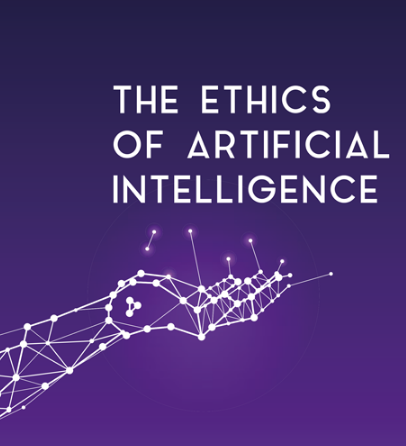Artificial Intelligence is reshaping our world. It helps diagnose diseases, filters job applicants, powers self-driving cars, and even assists in legal decisions. But as AI grows more powerful, one question becomes more urgent: Can we teach machines to act ethically?
Why Morality in AI Matters
Unlike humans, machines don’t have a sense of right or wrong. Artificial Intelligence learns from data and follows programmed logic. It doesn’t understand empathy, fairness, or justice. As a result, its decisions can reflect biases hidden in the data.
For example, if a hiring tool is trained on biased historical data, it may favor certain candidates over others—without anyone realizing it. Facial recognition systems have also shown lower accuracy for people of colour. These outcomes aren’t intentional, but they are harmful.
Clearly, we can’t ignore these issues. If we trust AI to make decisions, we must also ensure it does so fairly.
How Can We Make AI Ethical?
We can’t give Artificial Intelligence a conscience, but we can design systems that follow ethical principles. Here are a few key ways to do that:
-
Train on diverse data
Using balanced datasets reduces bias and helps AI perform well for all groups. -
Test for fairness
Regular testing helps identify and correct patterns of unfair treatment. -
Build transparency
Users should know how AI makes decisions. Explainable AI models make this possible. -
Keep humans involved
In high-stakes situations, such as healthcare or law, humans must review AI decisions. -
Follow ethical standards
Organizations should adopt ethical guidelines, like the EU’s AI Act or OECD principles.
By taking these steps, developers can create AI that aligns with human values instead of ignoring them.
Who Holds Responsibility?
Building ethical AI isn’t just about better code. It’s about accountability. Developers, companies, and regulators all share the responsibility. If we wait until harm happens, it’s already too late.
Therefore, businesses must think beyond profits. Responsible design builds trust, credibility, and long-term value. People are more likely to use systems they understand and believe in.
🌍 Ethical Artificial Intelligence is not just a tech goal—it’s a social responsibility.
Looking Ahead: The Moral Future of Machines
Artificial Intelligence will continue to shape our lives in powerful ways. It will help doctors, drive cars, write content, and even teach children. But without ethical design, it could also exclude, misjudge, or harm people.
That’s why this moment matters. The way we design Artificial Intelligence today will define how it behaves tomorrow.

